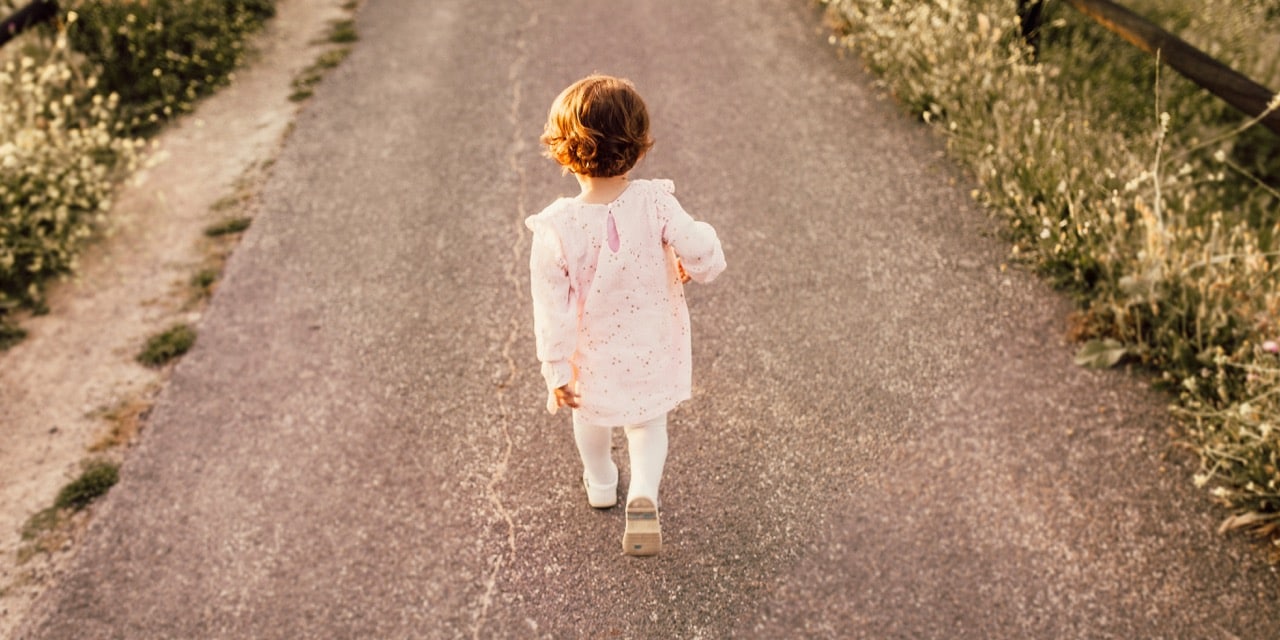It’s true, isn’t it? We can do hard things.
When I first started teaching groups and retreats and really sitting with the reality of emotional eating and how it had developed as a powerful adaptation to difficult circumstances, I was floored by the similarity in women’s stories. We had all done hard things. Heartbreaking things. Things no one should ever be asked to survive.
And we had all adapted. And food has been a part of dealing with the adaptations.
you —–>life circumstances —>survival adaptations—–>food behaviors
You too can see if you share some of the traits we found in common. All you need is a pen and paper, so you can put a hash mark down when you answer Yes to one of the statements below.
There are 40 statements. These traits and behaviors emerged out of our deep adaptations to an environment that did not meet our needs. These adaptations involve somatic changes – your body had to do something – to learn how to be like this.
They are held deep in your body, like a survival blueprint. As you read them, take your time, pause, and don’t rush. If you feel strong emotions, wiggle your toes, push your feet into the ground, place a hand on your heart and take some time to come back to baseline before continuing. Go slow.
See how many of the 40 statements below apply to you.
- I have difficulty with affect regulation – easily overwhelmed or easily stuck with emotion
- I find it hard to feel present in the body with strong emotions
- I experience high and low emotions – anxiety and panic to depression and despair
- I have high expectations of myself to be strong and have it all together
- I am prone to perfectionism
- I have difficulty trusting and delegating to others, I like to do things myself
- I often feel like I need to be busy and “do” something to feel ok
- I have difficulty being spontaneous and playful
- I love to plan and make to-do lists
- I procrastinate important life-changing projects and decisions
- I am addicted to behaviors that make me feel better short term (exercise, dieting, overwork)
- I have body image challenges (I see myself as too fat, too thin, too old, too saggy…)
- I am judgmental of looks – both of my own and others’
- I have strong feelings related to the body as an object
- I feel good or bad about myself based on looks, weight or shape
- I feel good or bad about myself based on food behaviors
- I often feel “not enough” – both personally and professionally
- I am afraid of abandonment or “being found out”
- I feel shame that I need help or pride that I can do it all myself
- I often show compulsive care and attention for the needs of others
- I sense in myself an inability to just relax and be
- I find my thought life busy with ruminating thoughts
- I have difficulty in relationship with an intimate partner
- I have a deep longing for and a profound difficulty being “my authentic self”
- I am not feeling supported, seen, validated in my family of origin
- I use food to calm down, contain and deal with overwhelming emotions
- I often catch myself holding my breath or being unable to take a satisfying breath
- I avoid conflict or if I enter into conflict I feel shaken up
- I have an easier time feeling sad over angry
- I get angry at everything, have a difficult time feeling sad or grieved
- I have resistance to taking in positive comments and feedback
- I find it hard to appreciate my own efforts
- I really want to be independent
- I find it hard to ask for help
- My body often feels stiff and achy
- My stomach often feels tight
- I have headaches and migraines
- I have heart palpitations or tension in my chest area
- I have been diagnosed or suspect I have an autoimmune condition
- I often get sick when others around me get sick
In many of the groups I lead, it’s not uncommon for people to get 35-40 of these as Yes answers. As we each make eye contact around the room, sharing the high numbers, and hearing soft “me too” statements, tears start running down our softening cheeks. Breath comes back in the room – we are in this together.
At this point I will usually come in and ask: “How has food – eating or not eating – helped you cope with the challenges depicted by those states and behaviors? And how has it harmed you?”


Leave a Reply